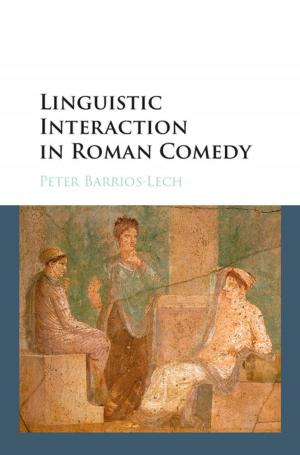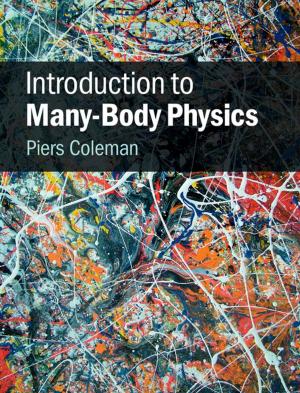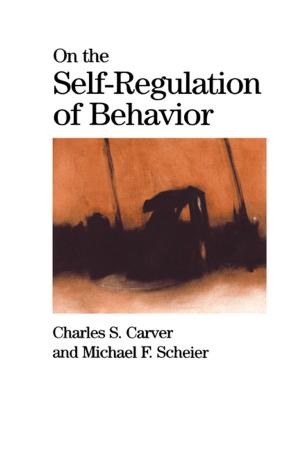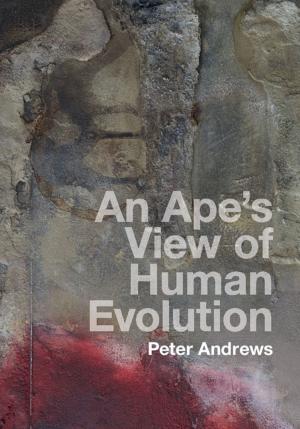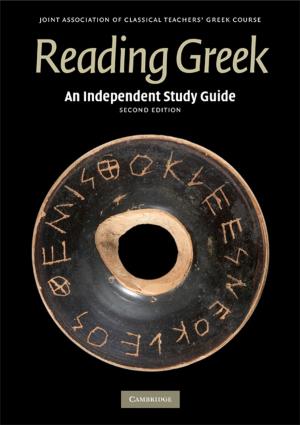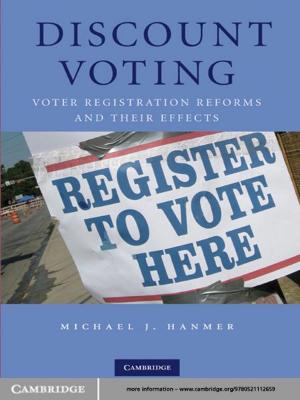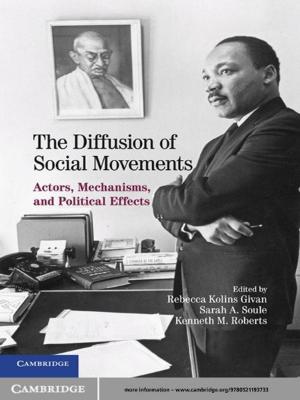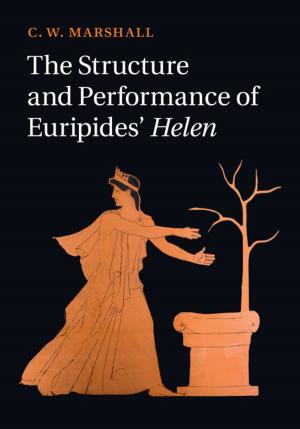Before Anarchy
Hobbes and his Critics in Modern International Thought
Nonfiction, Social & Cultural Studies, Political Science, Politics, History & Theory, Social Science| Author: | Theodore Christov | ISBN: | 9781316461471 |
| Publisher: | Cambridge University Press | Publication: | January 11, 2016 |
| Imprint: | Cambridge University Press | Language: | English |
| Author: | Theodore Christov |
| ISBN: | 9781316461471 |
| Publisher: | Cambridge University Press |
| Publication: | January 11, 2016 |
| Imprint: | Cambridge University Press |
| Language: | English |
How did the 'Hobbesian state of nature' and the 'discourse of anarchy' - separated by three centuries - come to be seen as virtually synonymous? Before Anarchy offers a novel account of Hobbes's interpersonal and international state of nature and rejects two dominant views. In one, international relations is a warlike Hobbesian anarchy, and in the other, state sovereignty eradicates the state of nature. In combining the contextualist method in the history of political thought and the historiographical method in international relations theory, Before Anarchy traces Hobbes's analogy between natural men and sovereign states and its reception by Pufendorf, Rousseau and Vattel in showing their intellectual convergence with Hobbes. Far from defending a 'realist' international theory, the leading political thinkers of early modernity were precursors of the most enlightened liberal theory of international society today. By demolishing twentieth-century anachronisms, Before Anarchy bridges the divide between political theory, international relations and intellectual history.
How did the 'Hobbesian state of nature' and the 'discourse of anarchy' - separated by three centuries - come to be seen as virtually synonymous? Before Anarchy offers a novel account of Hobbes's interpersonal and international state of nature and rejects two dominant views. In one, international relations is a warlike Hobbesian anarchy, and in the other, state sovereignty eradicates the state of nature. In combining the contextualist method in the history of political thought and the historiographical method in international relations theory, Before Anarchy traces Hobbes's analogy between natural men and sovereign states and its reception by Pufendorf, Rousseau and Vattel in showing their intellectual convergence with Hobbes. Far from defending a 'realist' international theory, the leading political thinkers of early modernity were precursors of the most enlightened liberal theory of international society today. By demolishing twentieth-century anachronisms, Before Anarchy bridges the divide between political theory, international relations and intellectual history.




